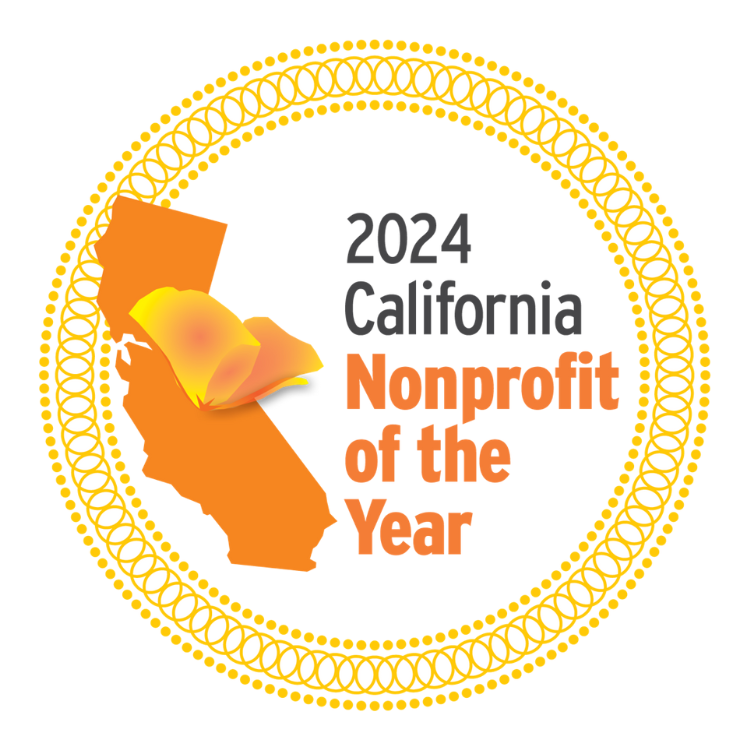We’re working to create new scientific opportunities within our Marine Protected Areas (MPAs). These coastal marvels, teeming with marine life and geological wonders, are crucial to our ecological health and climate resilience.
Last week, we petitioned the California Fish and Game Commission, requesting the Commission authorize and support credible research, monitoring, restoration, and education projects within Orange County’s MPAs. As climate uncertainty and sea level rise pose imminent threats, the need for swift and informed action is more critical than ever.
Orange County’s MPAs safeguard all rocky intertidal and reef habitats, providing a sanctuary for marine life. However, this protection has inadvertently limited areas available for scientific study, hindering researchers’ ability to gather essential data. We’re advocating for a balanced approach that allows for necessary research and monitoring activities while maintaining the ecological integrity of the MPAs.
“The Marine Protected Areas along Orange County’s coast are not just beautiful landscapes; they are living laboratories that could hold the key to combatting climate change and protecting our way of life. We believe that through vetted research, monitoring, education, and restoration projects, scientists could better understand and preserve these vital habitats,” said Ray Hiemstra, our Associate Director of Policy and Projects.
This regulation change would impact all Orange County MPAs except Upper Newport Bay, which already allows these activities. Approximately 12 of the county’s 42-mile coastline falls under MPA protections, encompassing beaches and waters within Bolsa Chica Basin, Bolsa Bay, Crystal Cove, Laguna Beach, Dana Point, and Upper Newport Bay.
In addition to our request for research, monitoring, restoration, and education projects, we suggested some updates to statewide MPA communications materials. Recognizing the pivotal role of community involvement and comprehension in ensuring the effectiveness of MPA protections, the proposed modifications encompass adjustments of maps, graphics, definitions, and other textual elements. We’re dedicated to fostering a deeper understanding of MPAs within the community and believe that improved communication materials will contribute to more informed and engaged public participation in safeguarding our coastal environments.
The petition submission was accompanied by numerous letters of support from local marine conservation leaders, such as Cal Poly Pomona’s Dr. Jayson Smith, Ocean Institute CEO Dr. Wendy Marshall Lovell, OC Habitats Founder Stacey Chartier-Grable, and more.
We anticipate a response from the California Fish and Game Commission regarding the petition in spring 2024 and will inform our supporters whenever we have an update!






